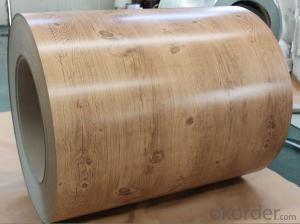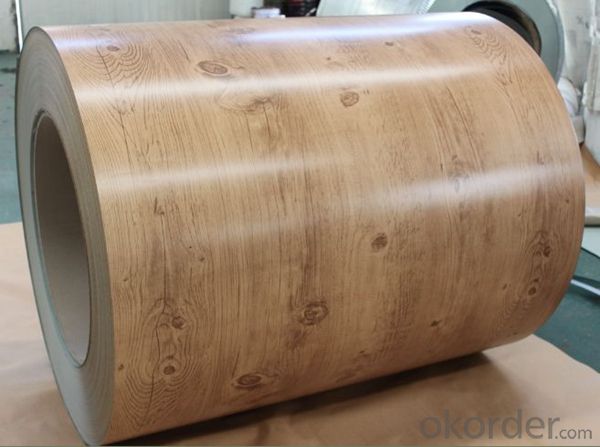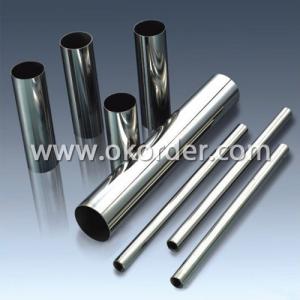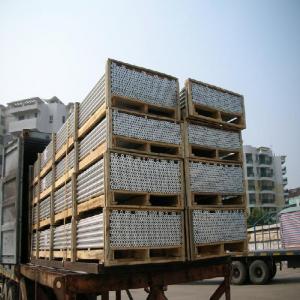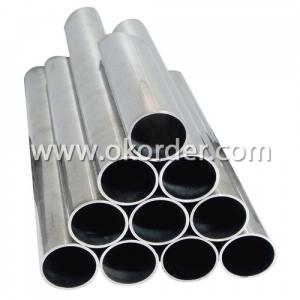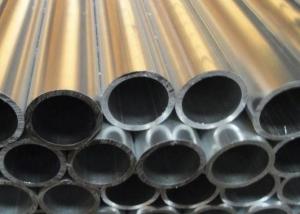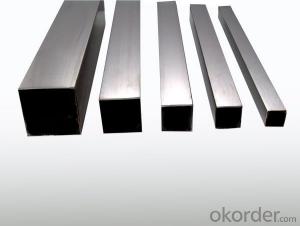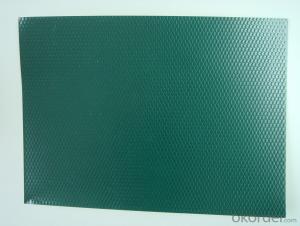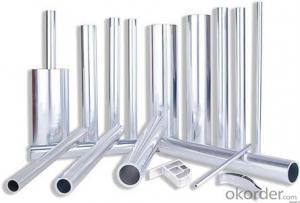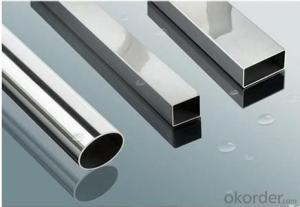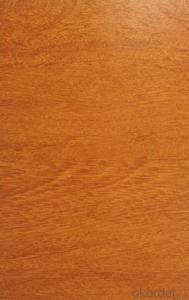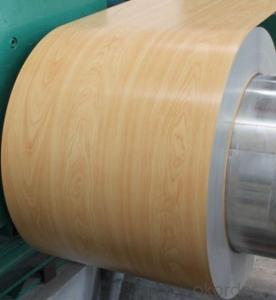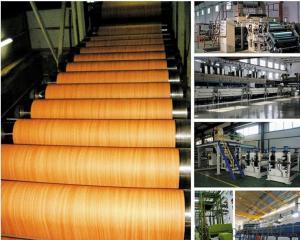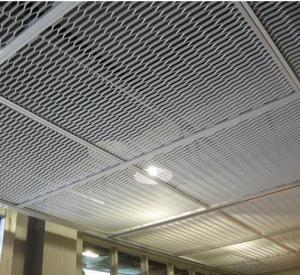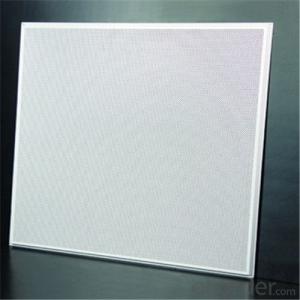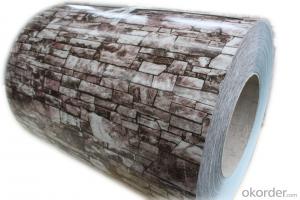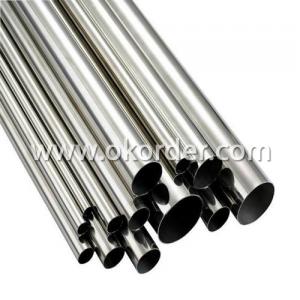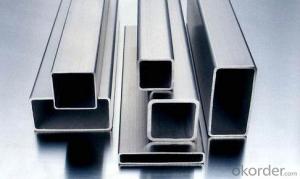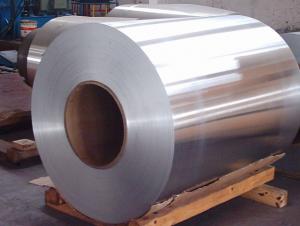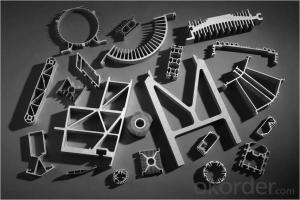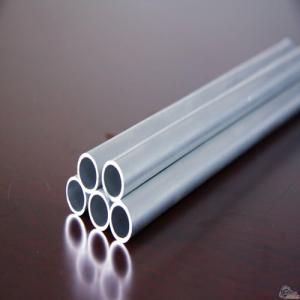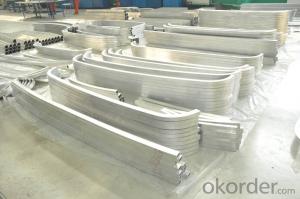Wooden Grain Coating Aluminum Pipes for Ceiling Tiles
- Loading Port:
- Shanghai
- Payment Terms:
- TT OR LC
- Min Order Qty:
- 5 m.t.
- Supply Capability:
- 10000 m.t./month
OKorder Service Pledge
OKorder Financial Service
You Might Also Like
Specification
1. Specification of Wooden Grain Coating Aluminium Coils for Ceiling Tiles
characteristics | Application |
1) Super peeling strength | 1) Building exterior curtain walls |
2) Excellent surface flatness and smoothness | 2) Decoration and renovation additions for old buildings |
3) Superior weather, corrosion, pollutant resistance | 3) Decoration of interior walls, ceilings, bathrooms, kitchens and balconies |
4) Even coating, various colors | 4) Shop door decorations |
5) Fireproof, excellent heat and sound insulation | 5) Advertisement board display platforms and signboards |
6) Superior impact resistance | 6) Wallboards and ceilings for tunnels |
7) Lightweight and easy to process | 7) Industrial materials, materials for vehicles and boats |
2. Application of Wooden Grain Coating Aluminium Coils for Ceiling Tiles
(1).Interior: wall cladding, ceilings, bathrooms, kitchens and balconies, shutters, doors...
(2).Exterior: wall cladding, facades, roofing, canopies, tunnels, column covers , renovations...
(3).Advertisement: display platforms, signboards, fascia, shop fronts...
3. Feature of Wooden Grain Coating Aluminium Coils for Ceiling Tiles
• Our goods quality is top, the surface is smooth, and every steel coil
• No Joint, No Bends, no spots, no roller marks.
• MTC will be provided with goods, third part inspection is acceptable, for example, SGS, BV. Etc
Be free from Oil Stain, Dent, Inclusion, Scratches, Stain, Oxide Dicoloration, Breaks, Corrosion, Roll Marks, Dirt Streaks and other defect which will interfere with use
4. Certificate:
SGS and ROHS(if client request, paid by client), MTC(plant provided), Certificate of Origin(FORM A, FORM E, CO), Bureau Veritas and SGS (if client request, paid by client), CIQS certificate
5. Image of Wooden Grain Coating Aluminium Coils for Ceiling Tiles
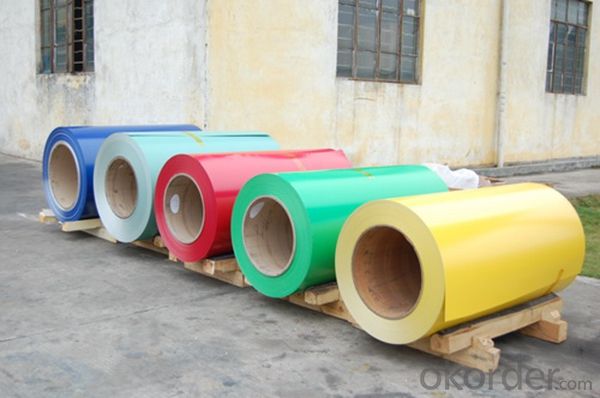
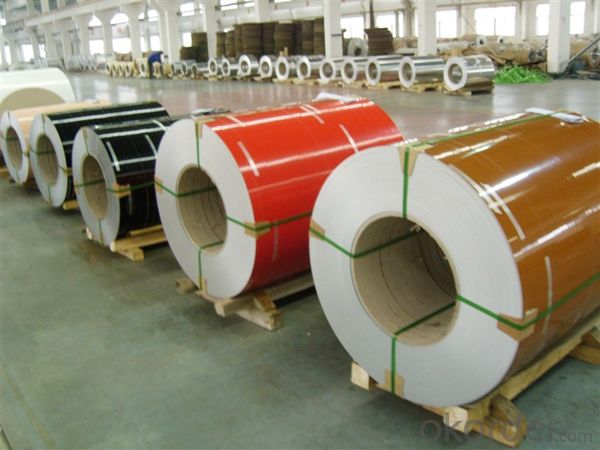
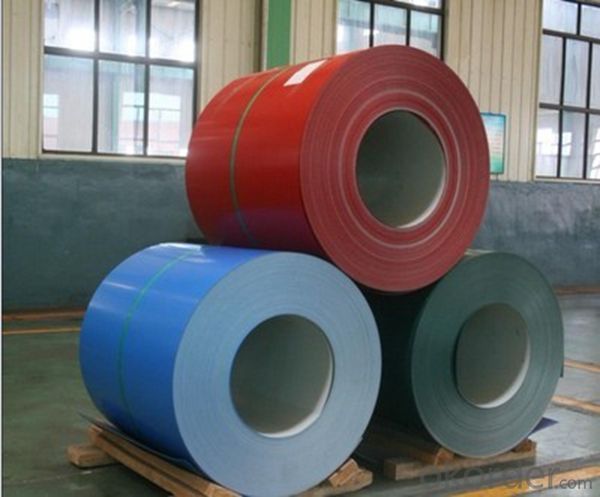
6. Package and shipping of Wooden Grain Coating Aluminium Coils for Ceiling Tiles
eye to wall
eye to the wall
with wood pallet (wooded case also available)
7. FAQ
1) What is the delivery time?
Dpends on actual order, around 20 to 35 days
2)What is the QC system:
We have QC staff of 20 persons and advanced equipment, each production is with MTC traced from Aluminum ingot lot.
3) What market do you mainly sell to?
Australia, America, Asia, Middle East, Western Europe, Africa etc
- Q: How to bend thin aluminum tube without flat
- This is a difficult technical problem, you can try to make a special tool, a special diameter and elbow radius, aluminum tube filled with dry fine sand, aluminum tube heating,
- Q: The same size or different specifications of the square aluminum tube, T how to connect more beautiful ah?!
- Aluminum tubes are mainly divided into the followingAccording to the shape of: square tube, round tube, pattern tube, special-shaped tubeIt can be divided into seamless aluminum tube and common extrusion pipe according to extrusion method
- Q: How do aluminum pipes handle vibration and shock loads?
- Aluminum pipes generally have good resistance to vibration and shock loads due to their inherent strength and stiffness. The lightweight nature of aluminum helps absorb and dampen vibrations, reducing the risk of damage or failure. Additionally, aluminum's excellent fatigue resistance allows it to withstand repeated shock loads without significant degradation in performance. However, the specific ability of aluminum pipes to handle vibration and shock loads may vary based on their design, thickness, and other factors.
- Q: Can aluminum pipes be bent or shaped?
- Yes, aluminum pipes can be bent or shaped. Aluminum is a malleable metal, meaning it can be easily formed into different shapes without breaking. There are various methods available to bend or shape aluminum pipes, such as using a pipe bender, heat bending, or hydraulic press. The specific technique used will depend on the desired shape and the thickness of the aluminum pipe. It is important to note that the bending or shaping process should be done carefully to avoid damaging the pipe or causing any structural weaknesses.
- Q: What are the limitations on pipe lengths for aluminum pipes?
- The limitations on pipe lengths for aluminum pipes can vary depending on various factors such as the diameter of the pipe, the thickness of the walls, the intended application, and the specific alloy of aluminum used. Generally, there is no strict limit on the length of aluminum pipes, as they can be manufactured in long continuous lengths. However, practical constraints may come into play, such as transportation and handling considerations.
- Q: Shenzhen Jin Rongfa metal materials Co., Ltd., specializing in processing aluminum tubes, aluminum bars, aluminum plate, aluminum processing, oxidation, a variety of anodic oxidation. Sand blast oxidation. Hard anodized, colors, black, blue, red, tyrant gold, rose goldLathe kits and laser marking processing are also provided!
- 5, easy to operate: you can freely design graphics through the computer, easy to operate, power controlled by software. Laser marking machine mainly includes semiconductor laser marking machine, CO2 laser marking machine, optical fiber laser marking machine, YAG vibrating mirror laser marking machine, deep UV laser marking machine and green laser marking machine. Semiconductor laser marking machine features: the use of the light source is a semiconductor laser array, so the optical conversion efficiency is very high, reaching more than 40%; the heat loss is low, without being equipped with cooling system; low power consumption, about 1800W/H. The whole machine performance is very stable, belongs to maintenance free products, the whole machine maintenance free time can reach 15000 hours, equivalent to 10 years maintenance free, no krypton lamp replacement, no supplies. Semiconductor laser marking machine applicable scope: can engrave metal and many kinds of non-metal materials. The utility model is more suitable for occasions needing more precise and higher precision. Used in electronic components, integrated circuit (IC), electrical appliances, mobile phone communications, hardware, tool accessories, precision instruments, watches, jewelry accessories, auto parts, plastic buttons, building materials, PVC pipe, medical equipment and other industries. Applicable materials include: ordinary metals and alloys (iron, copper, aluminum, magnesium, zinc and other metal), rare metals and alloys (gold, silver, titanium), metal oxide (metal oxide can), special surface treatment (phosphate, aluminum anodizing, electroplating, surface material (ABS) shell appliances, commodity), ink (keypad, printing), epoxy resin (electronic components packaging, insulation layer), and computer with arbitrarily change the marking graphics and standard.
- Q: Can anodized aluminum 6061-T6 surface be oxidized?
- The so-called T6 is a kind of heat treatment, the main process is rolling solid solution and aging, these steps is to let the inner Aluminum Alloy changed, the metal can reach high strength and long deformation, anodic oxidation of our workpiece can have better conductivity and not the impurity content of workpiece the 6061 is too high, a low impurity content of his aluminum alloy aluminum is much less than, so the conductivity of aluminum has good ductility and high anodic oxidation and chemical polishing, is a good choice.
- Q: My company plans to rust aluminum 15 Phi Phi 8 hit a row of holes, then Phi 8 Phi 15 in aluminum pipe welding, welding oxyacetylene welding using plan copper welding current, using nitrogen or nitrogen and hydrogen in welding. As a result, many welding leaks and air holes were found in aluminum tube welding, and the welding success rate was low. How can I improve it?
- Need efficient, buy brazing furnace. Brazing in furnace.
- Q: How do aluminum pipes compare to steel pipes?
- Aluminum pipes are generally lighter in weight, corrosion-resistant, and easier to install compared to steel pipes. However, steel pipes offer higher strength and durability, making them suitable for applications requiring high pressure or extreme temperatures. The choice between aluminum and steel pipes depends on the specific requirements of the project.
- Q: What is the tensile strength of aluminum pipes?
- The tensile strength of aluminum pipes can vary depending on the grade and manufacturing process, but on average, it ranges from 30,000 to 50,000 pounds per square inch (psi).
Send your message to us
Wooden Grain Coating Aluminum Pipes for Ceiling Tiles
- Loading Port:
- Shanghai
- Payment Terms:
- TT OR LC
- Min Order Qty:
- 5 m.t.
- Supply Capability:
- 10000 m.t./month
OKorder Service Pledge
OKorder Financial Service
Similar products
Hot products
Hot Searches
Related keywords
